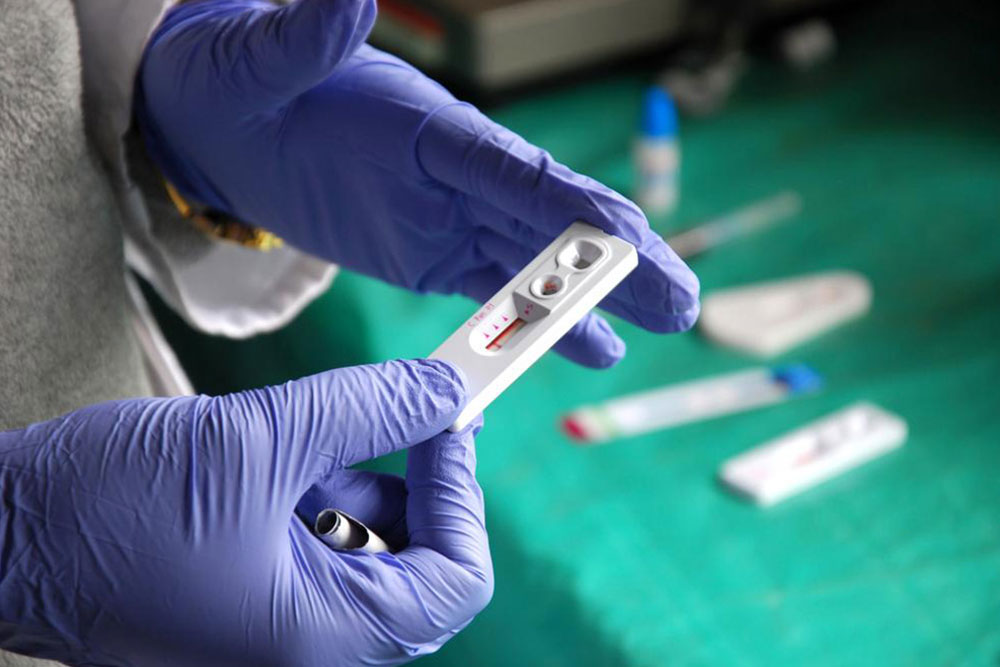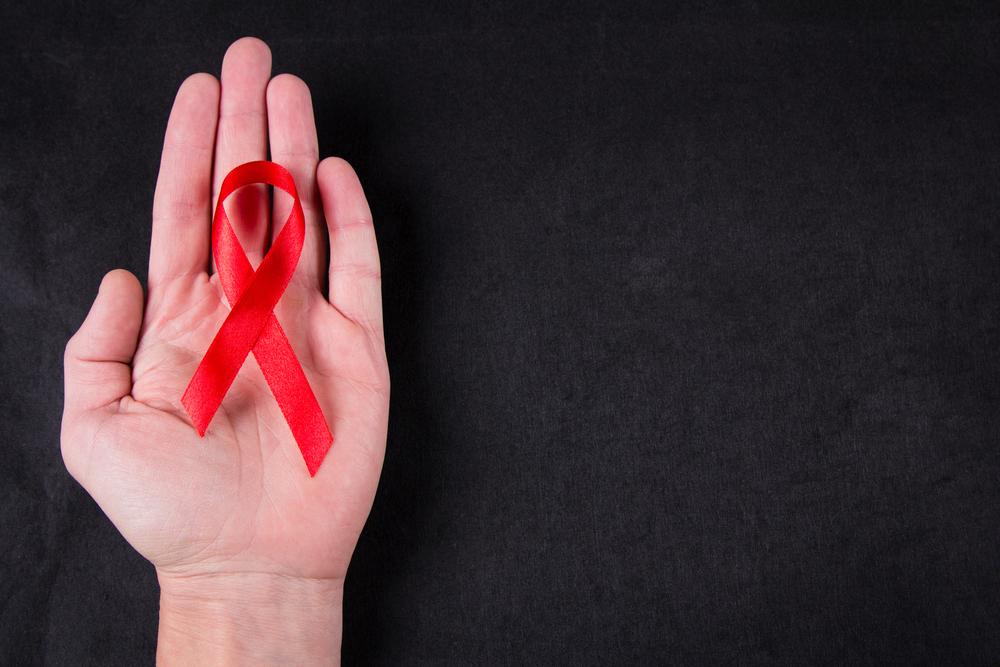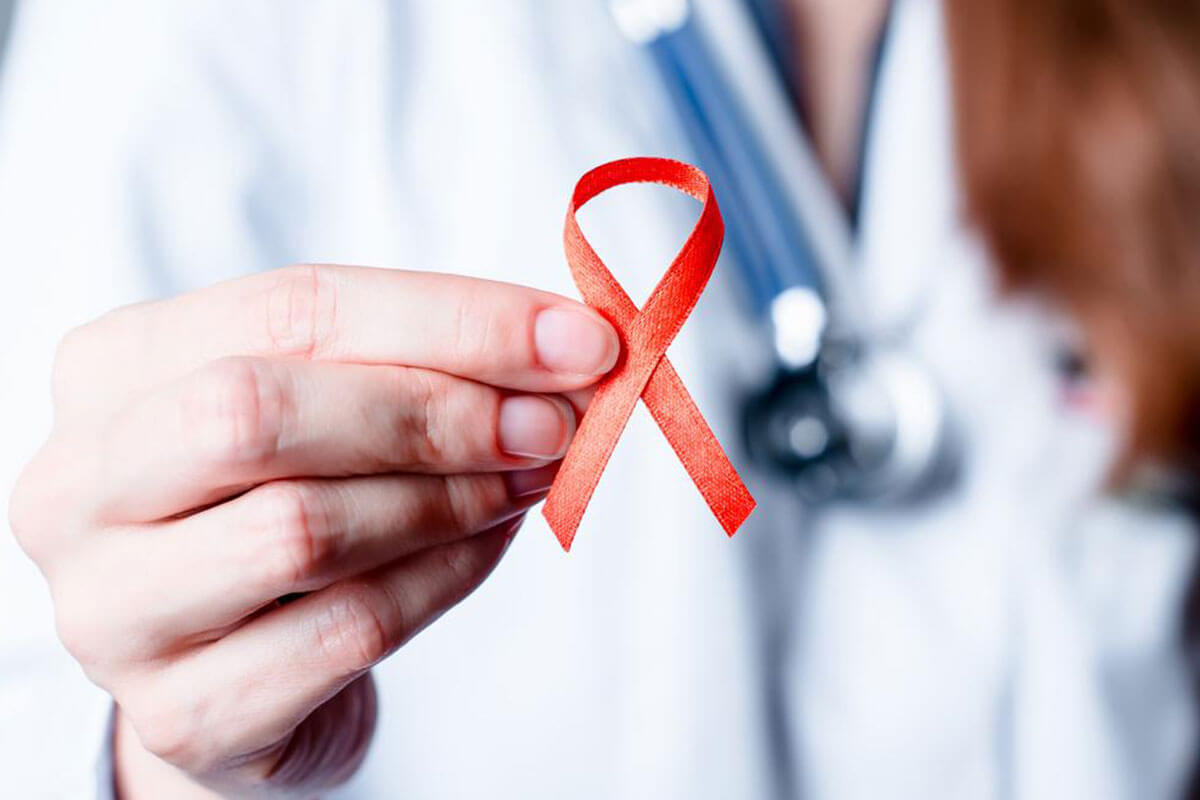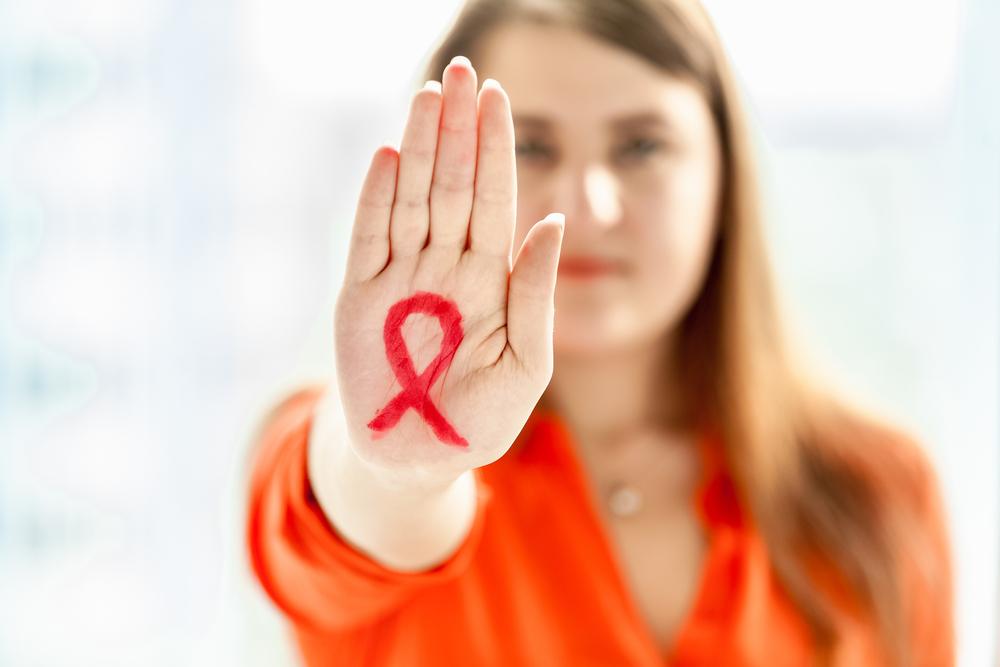Enhancing Life Quality in HIV/AIDS Management Through Complementary Therapies
This comprehensive article explores how complementary therapies such as herbal remedies, chiropractic care, acupuncture, and energy therapies can improve the quality of life for individuals living with HIV/AIDS. It emphasizes the importance of integrating these holistic practices responsibly alongside conventional treatments to manage symptoms, support immune health, and promote emotional well-being, ultimately fostering a balanced and healthier lifestyle for patients.

Supporting Better Living with Complementary and Alternative Therapies for HIV/AIDS
Living with HIV/AIDS presents numerous challenges, not only due to the virus itself but also because of the side effects of antiretroviral medications and the emotional and physical stress associated with the condition. In recent years, many individuals diagnosed with HIV are turning to a variety of complementary and alternative therapies to improve their overall quality of life, manage symptoms more effectively, and bolster their immune health. These holistic approaches can serve as valuable adjuncts to conventional treatment, offering a more integrated pathway to wellness.
Complementary therapies encompass a wide array of practices, including herbal medicine, physical manipulations, relaxation techniques, and energy therapies. When combined with standard antiretroviral therapy (ART), these approaches can help mitigate some medication side effects, strengthen immune defenses, and promote mental and emotional well-being. The goal is not to replace traditional medical care but to enhance the patient's ability to live a balanced, healthy life despite the challenges posed by HIV/AIDS.
Understanding the primary objectives of these therapies can help patients and healthcare providers work together more effectively. These objectives include:
Reducing and managing medication-related side effects such as nausea, fatigue, and gastrointestinal discomfort
Enhancing immune system function to better fight infections
Improving overall life quality through stress reduction, mental clarity, and emotional stability
Holistic and Alternative Health Systems
Some of these therapies have roots in traditional healing systems that have been practiced long before the advent of modern Western medicine. Many of these systems are gaining scientific interest and acceptance due to their potential benefits when properly integrated into patient care. Here are some notable options:
Chiropractic Care Focuses on spinal and musculoskeletal alignment with the belief that proper alignment can support immune function and reduce stress on the nervous system. Regular adjustments may help improve overall vitality and physical resilience.
Natural and Biological Treatments Incorporate herbal remedies, dietary supplements, vitamins, minerals, enzymes, and amino acids. These natural agents aim to bolster the body's defenses, improve energy levels, and alleviate fatigue commonly experienced by HIV patients.
Mind-Body Relaxation Techniques Artistic practices like meditation, deep breathing exercises, progressive muscle relaxation, biofeedback, and guided imagery can significantly reduce anxiety and stress. Such techniques empower individuals to cope better with the psychological burdens of chronic illness.
Acupuncture A key component of Traditional Chinese Medicine, acupuncture involves inserting fine needles into specific points on the body. It may help relieve nerve pain, including peripheral neuropathy caused by HIV or its treatments.
Energy Modalities Such therapies include Reiki, Qi Gong, and yoga. These practices work on the concept of balancing the body's energy or life force to enhance strength, vitality, and emotional resilience. Magnetic therapy and bio-electromagnetic treatments also come under this category, where magnetic pulses are used to stimulate energy flow and promote cellular repair.
All these complementary treatments should be used responsibly, ideally under the guidance of healthcare professionals familiar with HIV management. They should complement, not replace, the antiretroviral therapy prescribed by the primary healthcare provider, following current medical guidelines and evidence-based practices.
Incorporating these therapies into an HIV/AIDS management plan requires careful consultation with healthcare professionals to ensure safety and compatibility with existing medications. When appropriately used, these approaches can significantly contribute to a holistic health model, potentially improving physical health, mental clarity, and emotional stability, thereby leading to a better quality of life for those living with HIV/AIDS.





